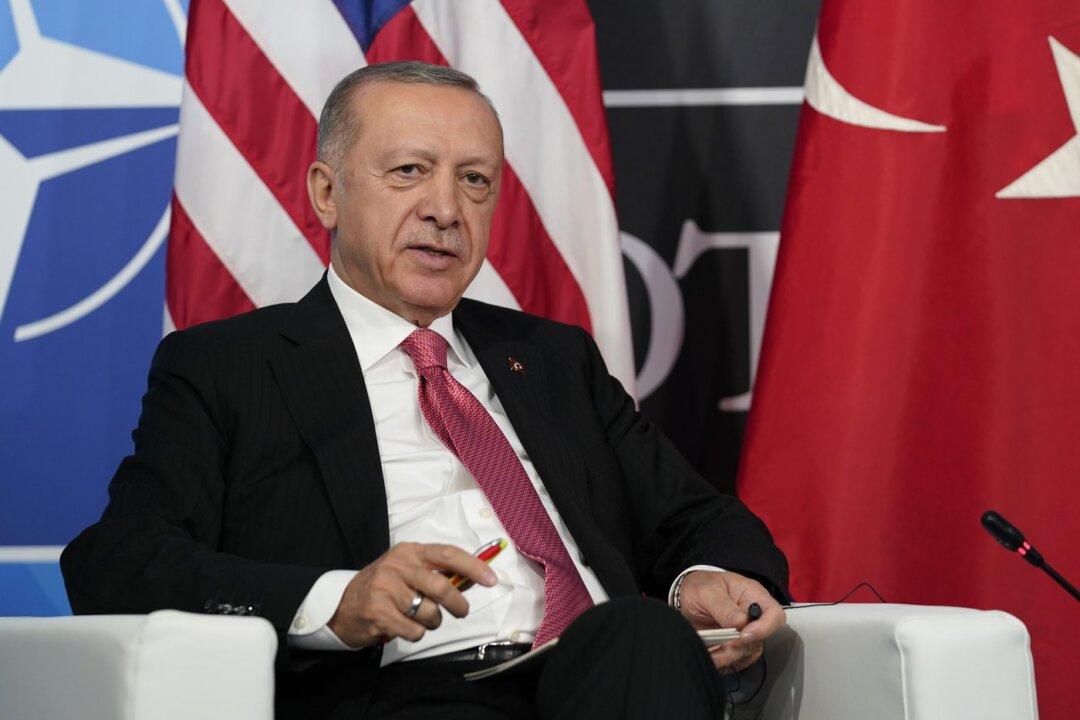Sweden moved a step closer to becoming NATO’s 32nd member after Turkey’s Parliament voted on Jan. 23 to ratify the Nordic country’s application to join the trans-Atlantic military alliance.
The vote comes three months after Turkish President Recep Tayyip Erdogan sent Sweden’s NATO membership bill to Parliament for ratification.





